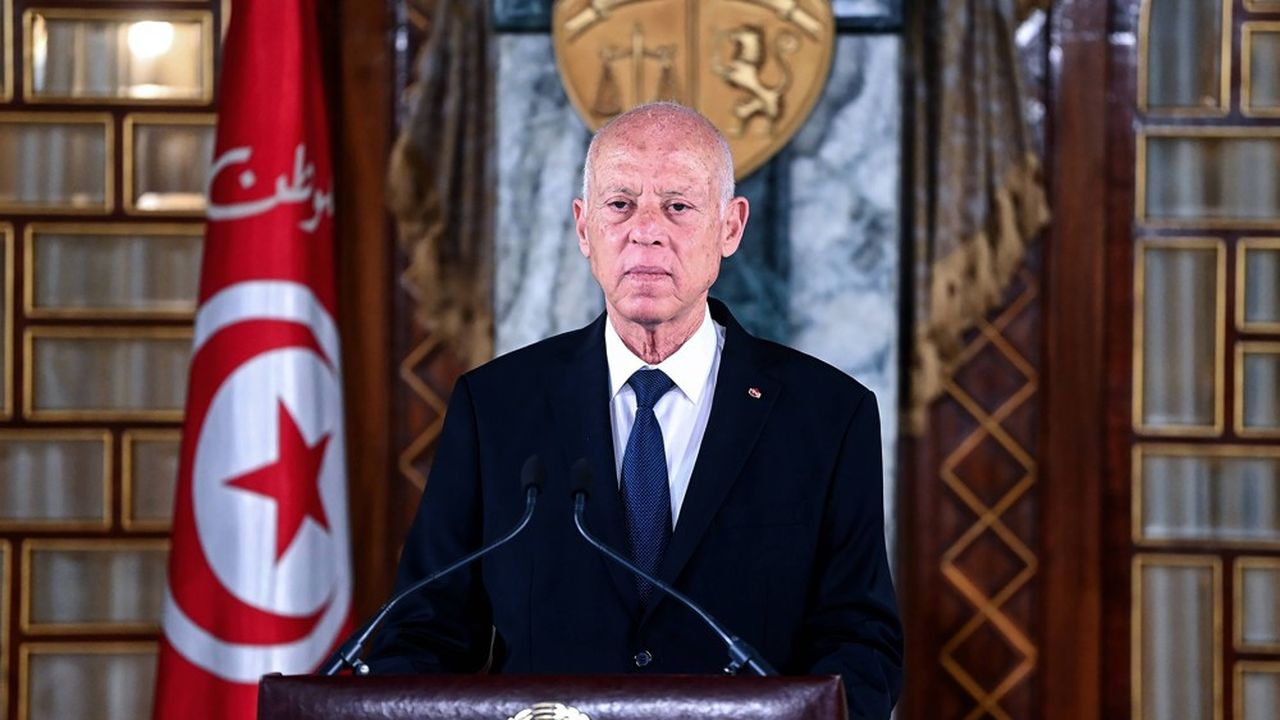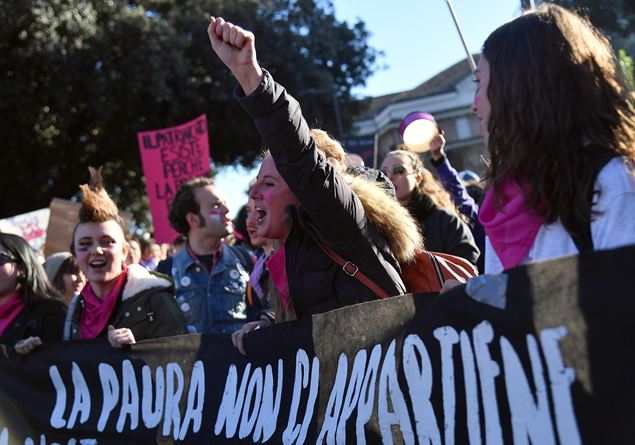
No one expected it. On Sunday, Tunisian President Kais Saied carried out a major government reshuffle without giving any explanation, just over a month before the presidential election. Without explanation, 22 ministerial portfolios were assigned to new figures.
Mohamed Ali Nafti, a former diplomat who served in several Tunisian embassies – notably in Greece, Spain and South Korea – is the new head of diplomacy. He held the post of Secretary of State to the Minister of Foreign Affairs when Kais Saied dismissed him from his post in 2021.
Khaled Shili, also a former diplomat and former official at the Ministry of Foreign Affairs, is designated Minister of Defense. He was notably ambassador to Jordan. According to the presidency, the three new secretaries of state will assist the Minister of Foreign Affairs, the Minister of Agriculture and Water Resources and the Minister of Employment.
Authoritarian drift
Kais Saied, 66, democratically elected in 2019, seized all powers in a coup on July 25, 2021 and has since been accused of authoritarianism by the opposition and its detractors. He is now seeking a second presidential term as part of what he has called a “war of liberation and self-determination” aimed at “establishing a new republic.” Facing him in this presidential election to be held on October 6, the other candidates are Zouhair Maghzaoui, a former deputy of the pan-Arab left, and a forty-year-old industrialist, Ayachi Zammel, leader of a liberal party.
On Tuesday, the NGO Human Rights Watch (HRW) stated that “at least eight potential candidates have been prosecuted, convicted or imprisoned” and, de facto, “prevented from running”. These include opposition leaders Issam Chebbi and Ghazi Chaouachi, and the leader of the Free Destourian Party, Abir Moussi, an opposition figure nostalgic for the former regimes of Habib Bourguiba and Zine El Abidine Ben Ali.
“After jailing dozens of prominent opponents and activists, the authorities have removed almost all serious contenders from the presidential race, reducing the election to a mere formality,” said Bassam Khawaja, deputy Middle East and North Africa director at HRW. Several candidates had complained of administrative obstacles in obtaining endorsement forms and a criminal record extract.
The Prime Minister recently replaced
On August 8, the president’s office announced the dismissal of Prime Minister Ahmed Hachani, without giving any official explanation. He was replaced by the Minister of Social Affairs, Kamel Madouri, who had joined the government shortly before.
After assuming full powers, Kais Saied revised the Constitution to replace the current parliamentary regime with an ultra-presidentialist system in which Parliament has almost no more powers. He also dismantled, according to his opponents, most of the counterbalancing institutions established since the advent of democracy and the fall of the Ben Ali dictatorship in 2011, in the wake of the Arab Spring.
With AFP





